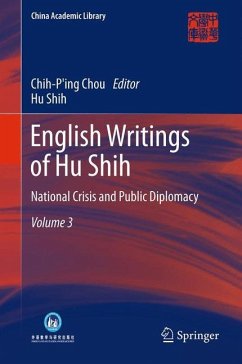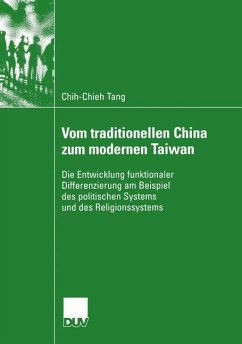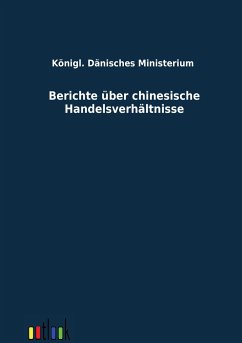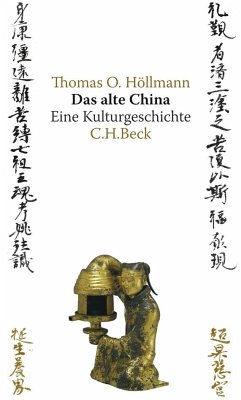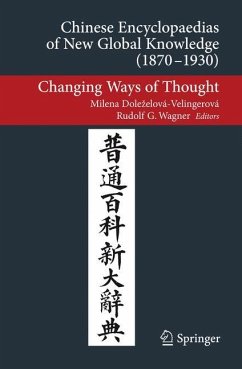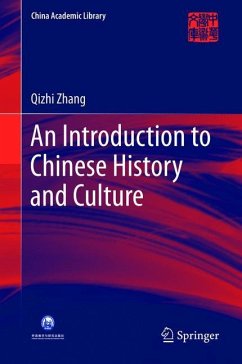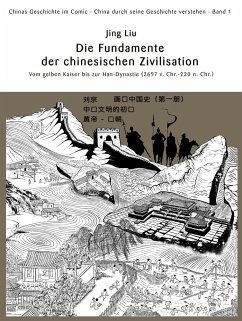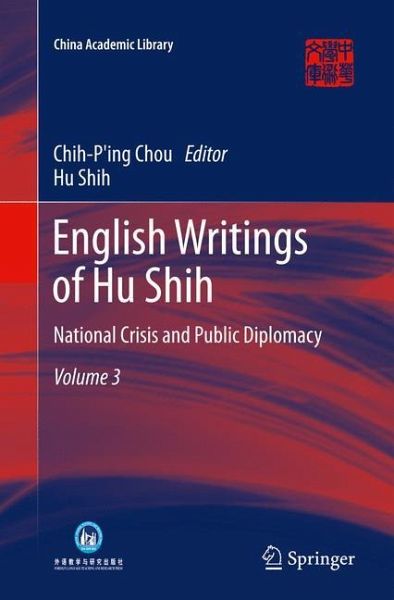
English Writings of Hu Shih
National Crisis and Public Diplomacy (Volume 3)
Herausgegeben: Chou, Chih-p'ing
Versandkostenfrei!
Versandfertig in 6-10 Tagen
38,99 €
inkl. MwSt.
Weitere Ausgaben:

PAYBACK Punkte
19 °P sammeln!
Hu Shih (1891-1962), Chinese philosopher, historian and diplomat. In the 1910s, Hu studied at Cornell University and later Columbia University, both in the United States. At Columbia, he was greatly influenced by his professor, John Dewey, and became a lifelong advocate of pragmatic evolutionary change. He received his Ph.D. in Philosophy in 1917 and returned to lecture at Peking University. Hu soon became one of the leading and most influential intellectuals during the May Fourth Movement and later the New Culture Movement. His most widely recognized achievement during this period was as a ke...
Hu Shih (1891-1962), Chinese philosopher, historian and diplomat. In the 1910s, Hu studied at Cornell University and later Columbia University, both in the United States. At Columbia, he was greatly influenced by his professor, John Dewey, and became a lifelong advocate of pragmatic evolutionary change. He received his Ph.D. in Philosophy in 1917 and returned to lecture at Peking University. Hu soon became one of the leading and most influential intellectuals during the May Fourth Movement and later the New Culture Movement. His most widely recognized achievement during this period was as a key contributor to Chinese liberalism and language reform in his advocacy for the use of written vernacular Chinese. Hu Shih was the Republic of China¡¯s Ambassador to the United States of America (1938¨C1942) and later Chancellor of Peking University (1946¨C1948). In 1939 Hu Shih was nominated for a Nobel Prize in literature and in 1958 became president of the ¡°Academia Sinica¡± in Taiwan, where he remained until his death in Nangang at the age of 71.This diverse collection brings together his English essays, speeches and academic papers, as well as book reviews, all written between 1919 and 1962. English Writings of Hu Shih represents his thinking and insights on such topics as scientific methodology, liberalism and democracy, and social problems. It can also serve as a helpful resource for those who study Hu Shih and his views on ancient and modern China.





